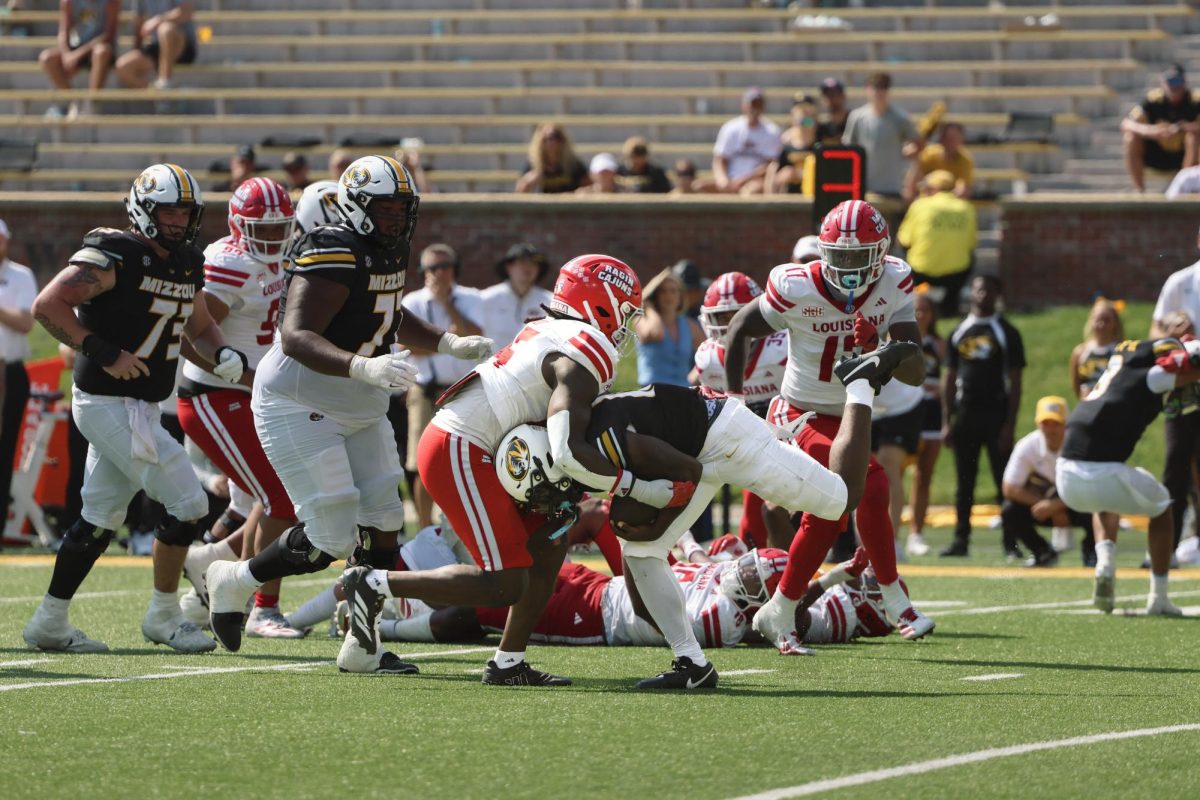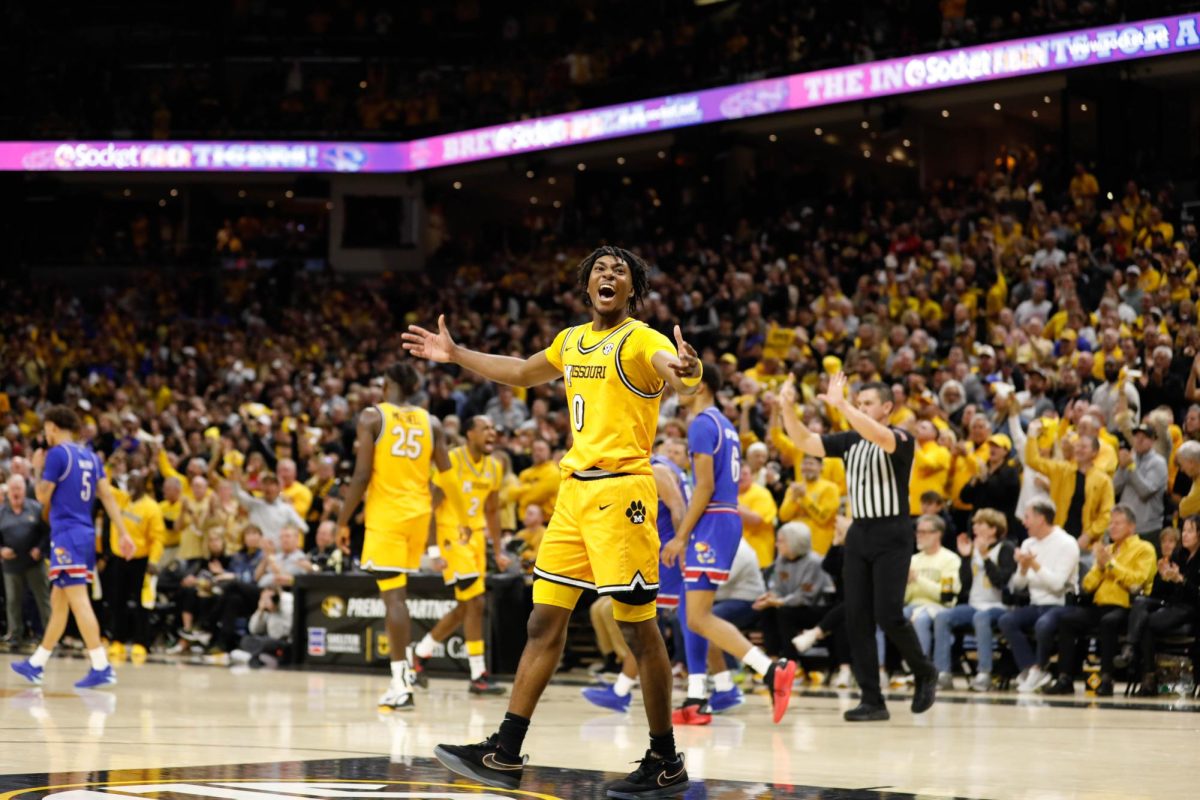Allen Huber “Bud” Selig is the most influential commissioner of any sport looking at his 20-plus years as boss.
The strike of 1994, which brought an end to the season, was Selig’s first big task he tackled during his tenure. The strike brought with it anger from owners, players and fans alike. Baseball was in economic turmoil as TV deals vanished, attendance declined and players argued with owners over labor disputes.
Yet Selig managed to turn all that around making America’s pastime better than it had ever been before. Attendance soared and has seen rapid gains in recent years with the average franchise drawing roughly 2.5 million fans in 2013.
With the increased fan attendance, 22 new ballparks have arisen since Selig took the job trading the vintage atmosphere for all new fan interactive stadiums that resemble theme parks rather than sports facilities.
Selig also helped introduce revenue sharing, helping balance the market between teams. Big market teams with massive TV deals, such as a New York or Los Angeles share a portion of those revenues with the smaller market teams like Milwaukee and Houston.
This in turn has made the playing field much more level throughout the years with 28 out of the 30 teams making it to October. In the 22-year time frame, this not only is an incredible feat in itself, but one that cannot be said for any of the other major American sports.
Selig has also made some head scratching decisions during his time with the introduction of interleague play between National League and American League teams and the added wildcard spots, which have created more confusion than benefits for baseball.
With the different styles of the two leagues, interleague play has led to more wins for the Yankees over the Mets than actually creating a quality series. Interleague play has proven the dominance of the AL over the last two decades.
And as for the wild card spot, solid teams have the possibility of being ousted from the playoffs for losing just one game to a weak team that barely made the playoffs? That makes sense.
Still, a positive Selig has accomplished is expanding the game globally. He played an integral part in the 2006 World Baseball Classic along with bringing opening day games over to Japan and this upcoming season to Australia.
And most recently the MLB and MLBPA unanimously agreed to accept expanded replay for the upcoming season, another fitting first in Selig’s final season.
Even amidst all the great and sometimes odd things Selig has done in his time, one big fat negative will always stand out: the PED issue.
Many will define Selig’s legacy by his actions regarding performance-enhancing drugs. His actions, or lack there of, opened the door for players to use PED’s tainting the game of baseball. He had knowledge of the PED usage, but chose not to do anything until someone else looked into it.
Once it was at the forefront of conversations in the 2005 congressional hearings, he chose to take action. Further investigations led to the Mitchell report in which players were named for involvement with their steroid usage and penalties were handed down. Selig has since cleaned up the game handing down 50-game suspensions and most recently a season long suspension to Alex Rodriguez.
So whether you reviled or revered him, with the way he’s shaped and changed baseball, Bud Selig is the most influential commissioner in any sport.







